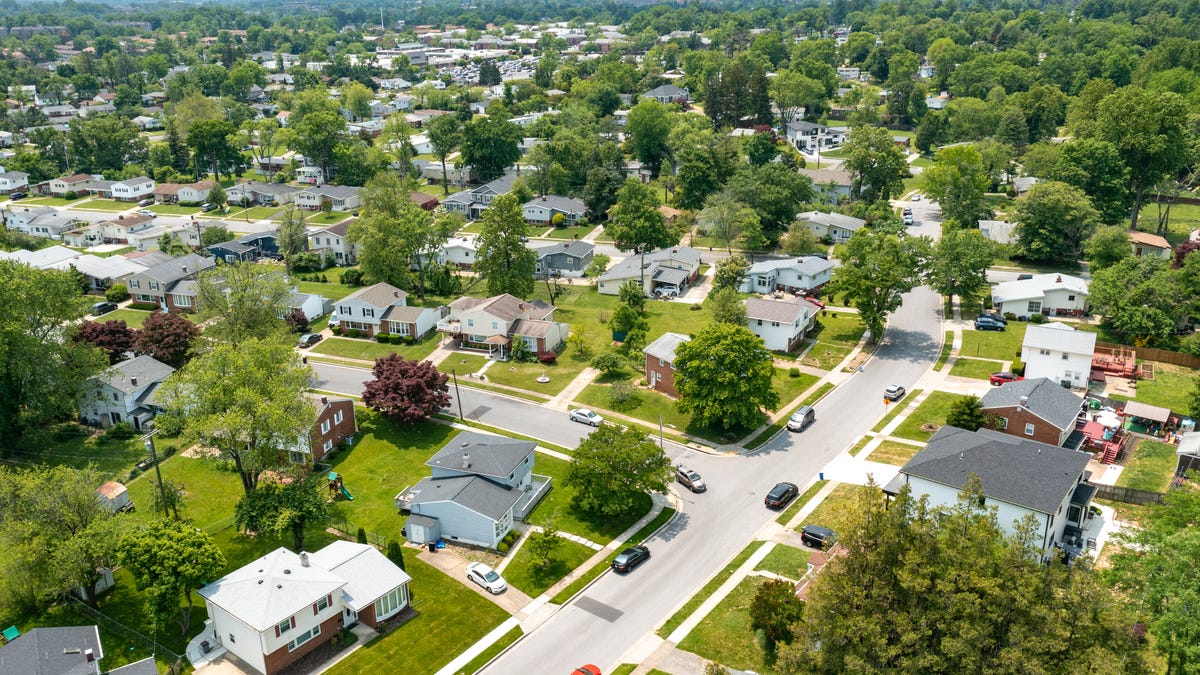Fractional Home Ownership: Revolutionizing the Real Estate Market
The landscape of homeownership is evolving, introducing new avenues for individuals to secure their place in the real estate market. In recent times, platforms like Pacaso have emerged, offering a novel approach to property ownership by enabling buyers to own a fraction of a luxury home at a fraction of the total cost. This innovative concept of fractional home ownership has the potential to transform the traditional real estate model and make homeownership more attainable for a wider audience.
Addressing the Housing Crisis
Pacaso’s CEO and co-founder, Austin Allison, highlights the urgency of the current affordable housing crisis and emphasizes the importance of innovative solutions in the real estate sector. By allowing multiple buyers to co-own a single property, fractional ownership models like Pacaso’s not only increase housing inventory but also optimize the utilization of existing properties to meet the growing demand for affordable housing. Allison emphasizes the role of co-ownership in enhancing affordability and expanding the availability of housing options in the market.
The imbalance between housing supply and demand has led to significant challenges for prospective homebuyers, especially first-time buyers. The soaring home prices and high mortgage rates have posed obstacles for many individuals in achieving their homeownership dreams. According to a recent survey by the New York Federal Reserve, the self-reported probability of renters ever owning a home has reached a record low, reflecting the growing concerns surrounding housing affordability.
The Rise of Fractional Homeownership
While the concept of co-buying properties is not new, the fractional homeownership model introduced by platforms like Pacaso is primarily targeted at wealthier individuals seeking secondary residences. This model caters to a specific demographic looking to invest in luxury properties without the financial burden of sole ownership. However, critics like Bankrate analyst Jeff Ostrowski point out that the real challenge lies in addressing the shortage of affordable family homes, rather than focusing on luxury vacation properties.
Alternative models of fractional homeownership have also emerged, allowing investors to own shares of residential real estate properties. Platforms like Arrived and Fundrise offer investment opportunities in real estate, aiming to democratize property ownership and generate wealth through rental properties. While these models have garnered interest from investors, policymakers have raised concerns about their potential impact on housing affordability and market accessibility.
Paving the Way for Housing Innovation
Despite the debate surrounding fractional homeownership models, proponents like Kurt Carlton, president of New Western, believe that these ventures have a positive impact on the housing market. With millions of vacant homes across the country, there is a growing need for innovative investment models to revitalize the housing sector, particularly in the single-family residential market. Carlton emphasizes the importance of encouraging investment in the housing market to address supply shortages and foster community-driven initiatives.
As the real estate industry continues to evolve, fractional home ownership stands out as a disruptive force that has the potential to reshape traditional homeownership paradigms. While challenges and criticisms remain, the exploration of new avenues for property ownership signifies a shift towards a more inclusive and diverse real estate market.
Image/Photo credit: source url





